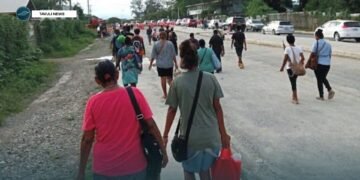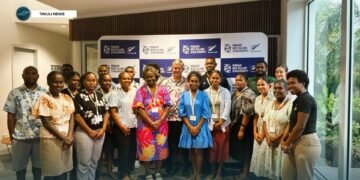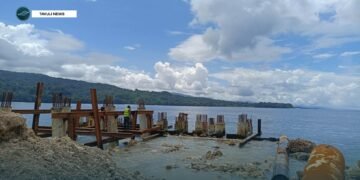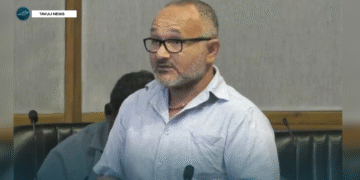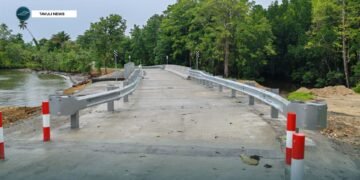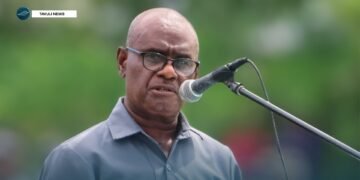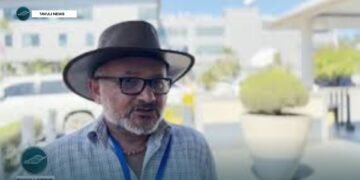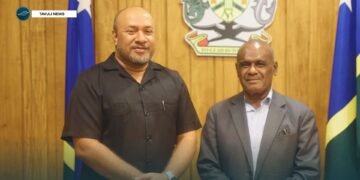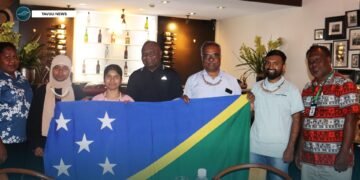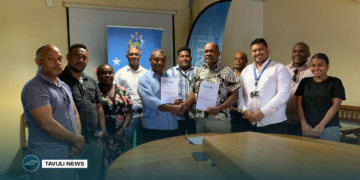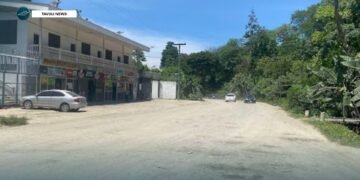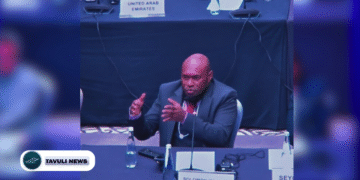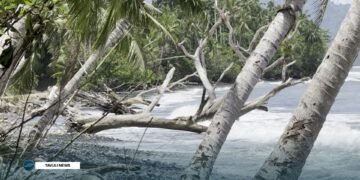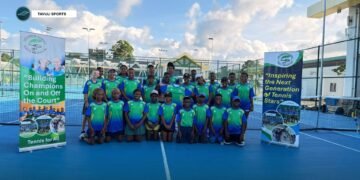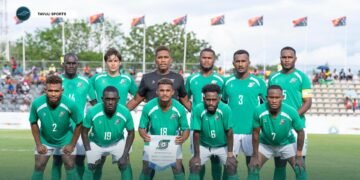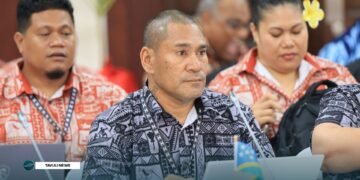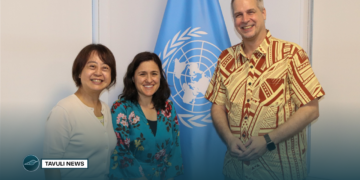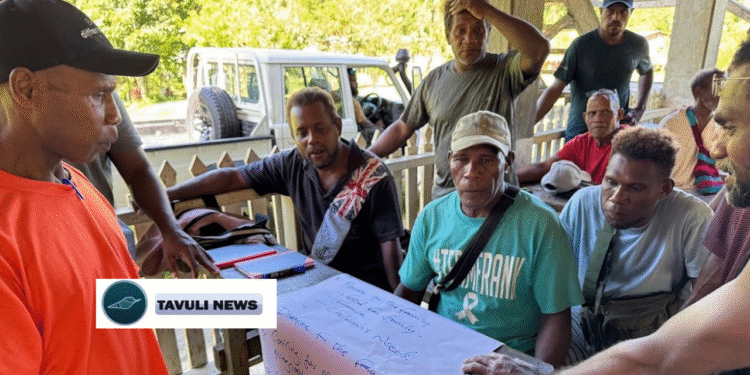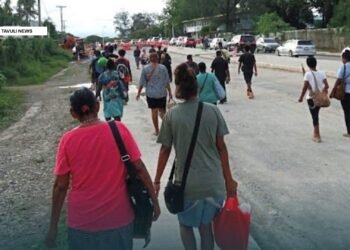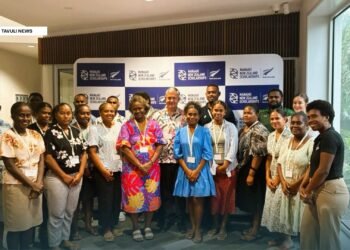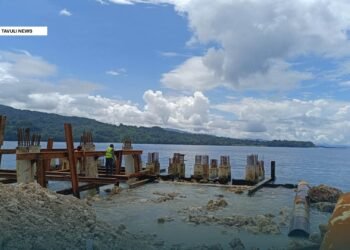Maternal health project in Solomon Islands reaches rural mothers, engages fathers, and saves lives through partnerships.
“Maternal and infant deaths in our rural health centers are real—and heartbreaking. Many women wait until six or seven months into their pregnancy to seek care, simply because health facilities are too far, or cultural barriers hold them back,” says Joseph Taungani, Project Coordinator for World Vision Solomon Islands.
His remarks come as a new maternal health programme is being rolled out in Malaita and Guadalcanal, led by the Ministry of Health and Medical Services (MHMS) in partnership with the World Health Organization (WHO), World Vision Solomon Islands (WVSI), and supported by funding from the Korea International Cooperation Agency (KOICA).
Since January, the initiative has reached more than 250 mothers through consultations, health education sessions, and community engagement activities. Organisers say the aim is to close gaps in early antenatal care and encourage families to seek medical attention sooner.
One of the notable outcomes has been the growing involvement of men. “They are starting to show up. Men are sitting through consultations, asking questions, gradually becoming champions of maternal health,” Taungani said.
Participants have echoed this sentiment. “I think it’s important for us to know what are the things that we, as fathers, need to take into account, especially for the mothers during their pregnancy,” said Nickson Devesi, who attended one of the sessions.
The programme has also drawn interest from community members beyond expectant mothers. Schoolteacher Linda Elvis said she joined a consultation to learn how best to care for children in her household. “I didn’t know before that mothers should seek care as early as one or two months into pregnancy,” she said. “Now I want to teach other women in my community what I’ve learned.”
Project partners highlight that technical expertise, resources, and funding from MHMS, WHO, and KOICA have been critical to implementation. “This partnership isn’t just administrative—it’s saving lives,” Taungani said.
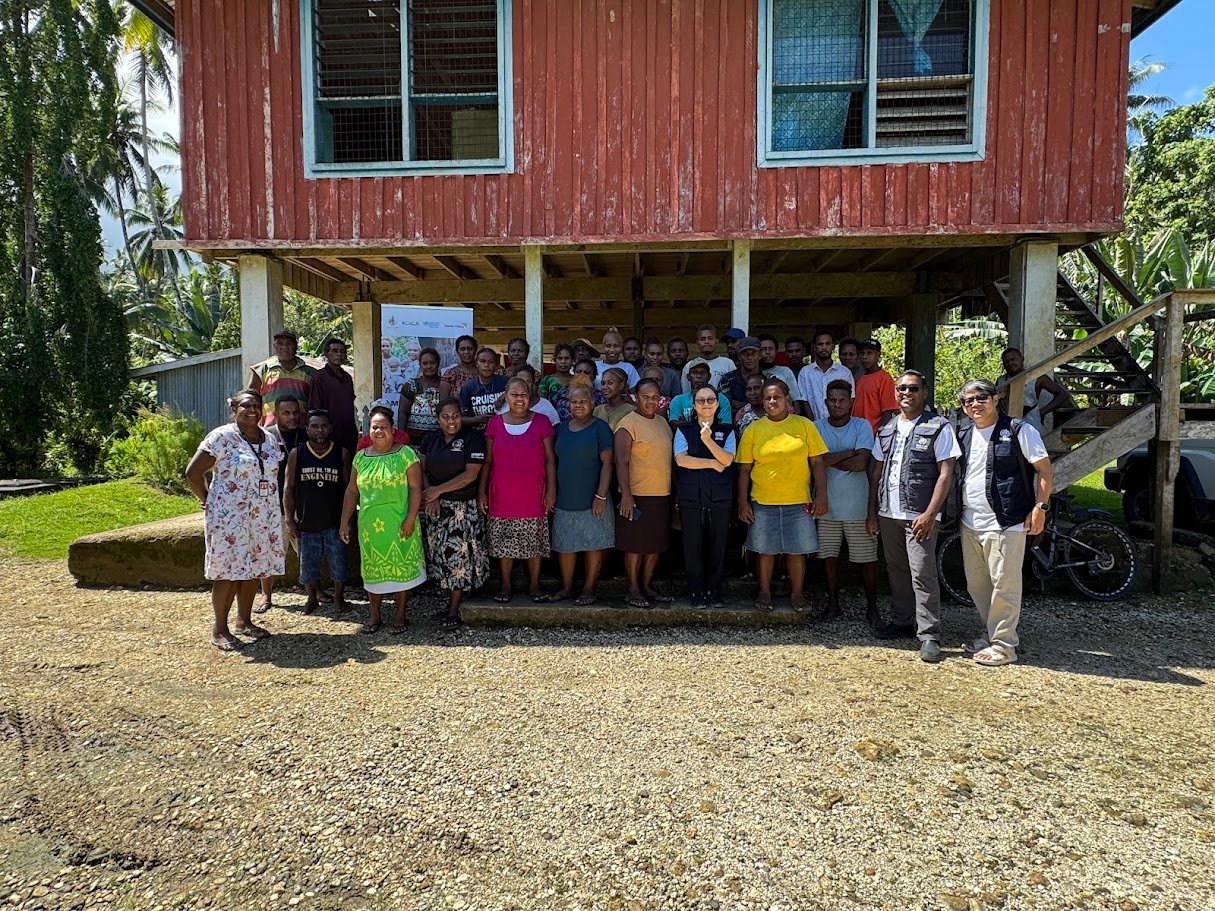
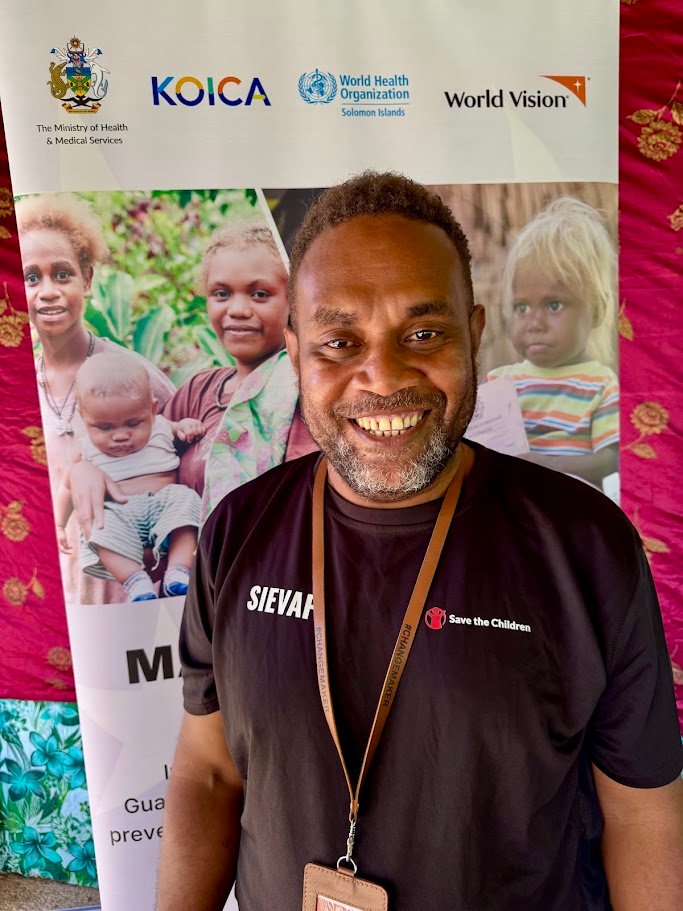
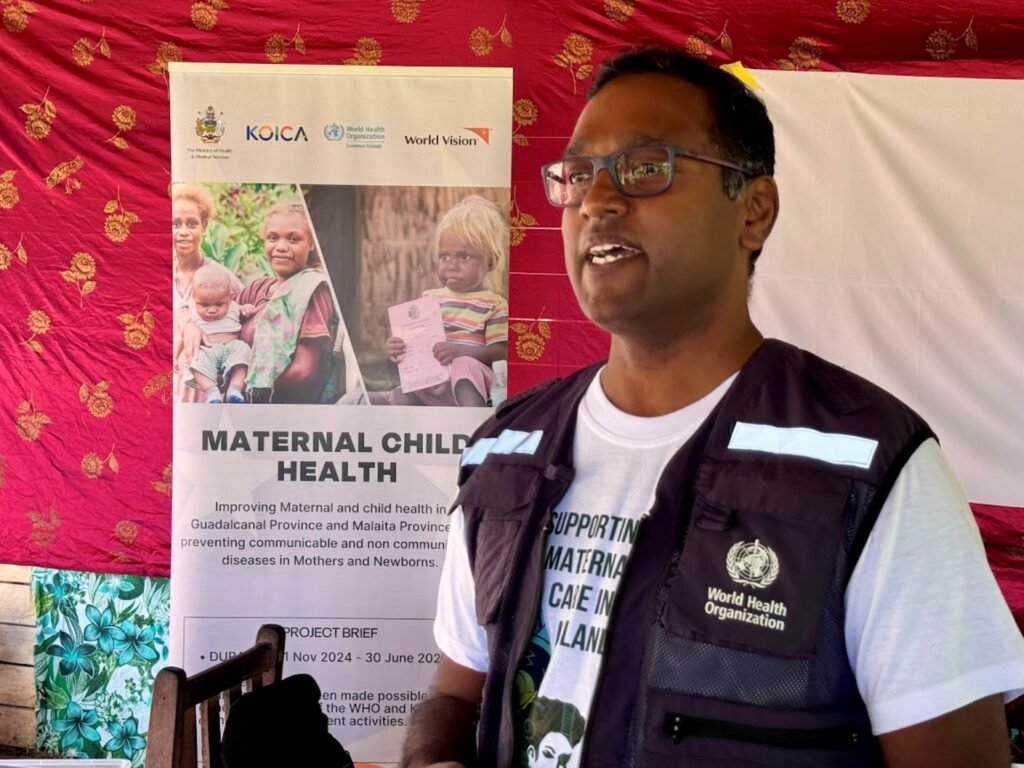
Dr Dinesh Jeyakumaran, WHO Solomon Islands Programme Management Officer delivering welcome remarks during the consultation. Photo: WHO / Ruel Serrano
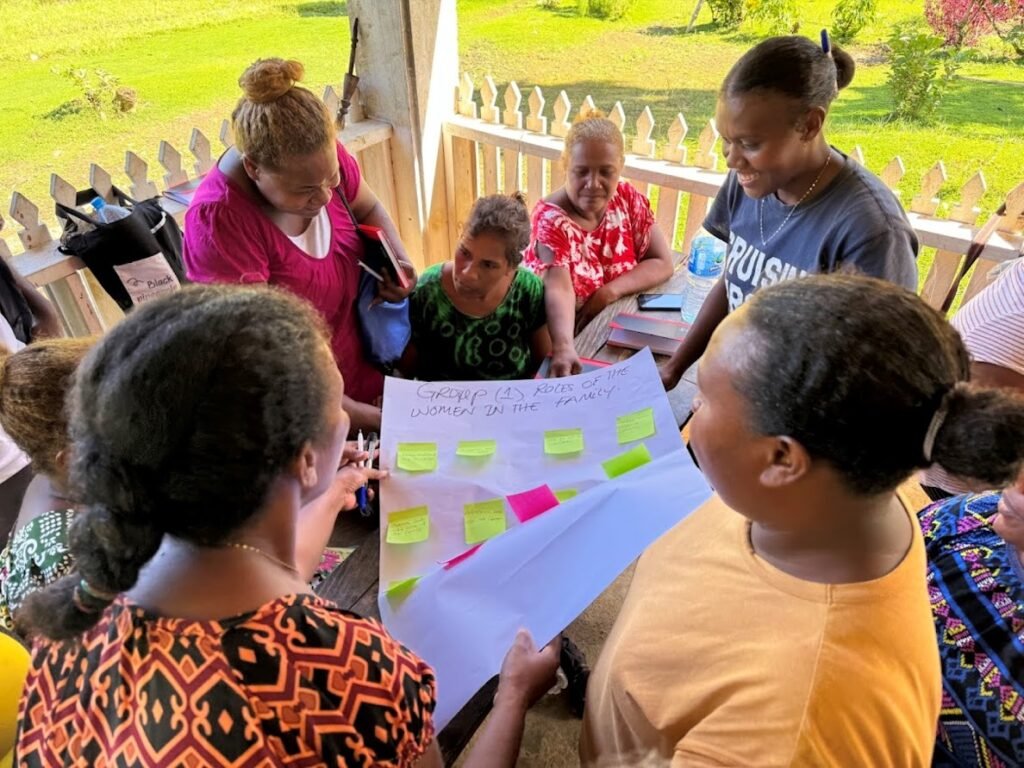
Linda (lower right) is determined to protect women and children in her community by sharing the knowledge she gained from the consultation. Photo: WHO/Ruel Serrano
Source: WHO

